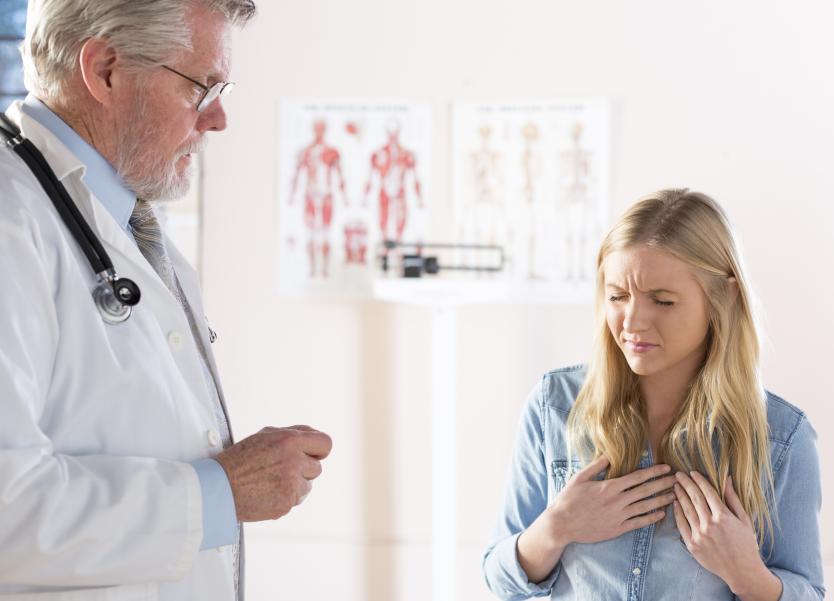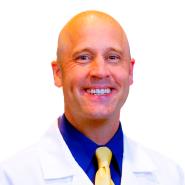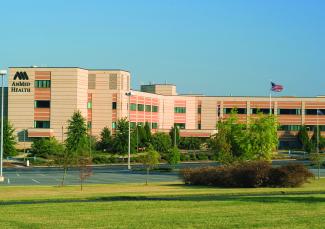Talk to your doctor if you experience symptoms such as:
- Trouble swallowing
- Heartburn or acid reflux
- Recurrent stomachaches
- Chronic bloating or constipation
- Diarrhea or excessive gas
- Dark or bloody stool
- Unplanned weight loss
These symptoms could be signs of a serious illness or could lead to other problems. See your doctor as early as possible to help protect your long-term health.



